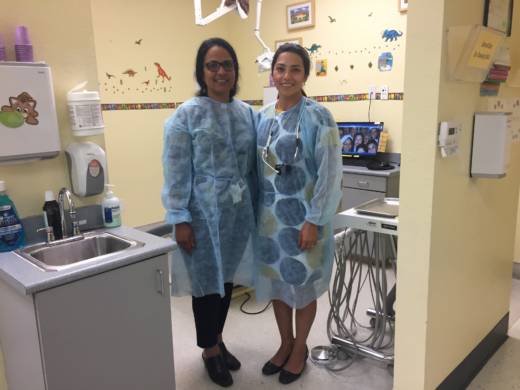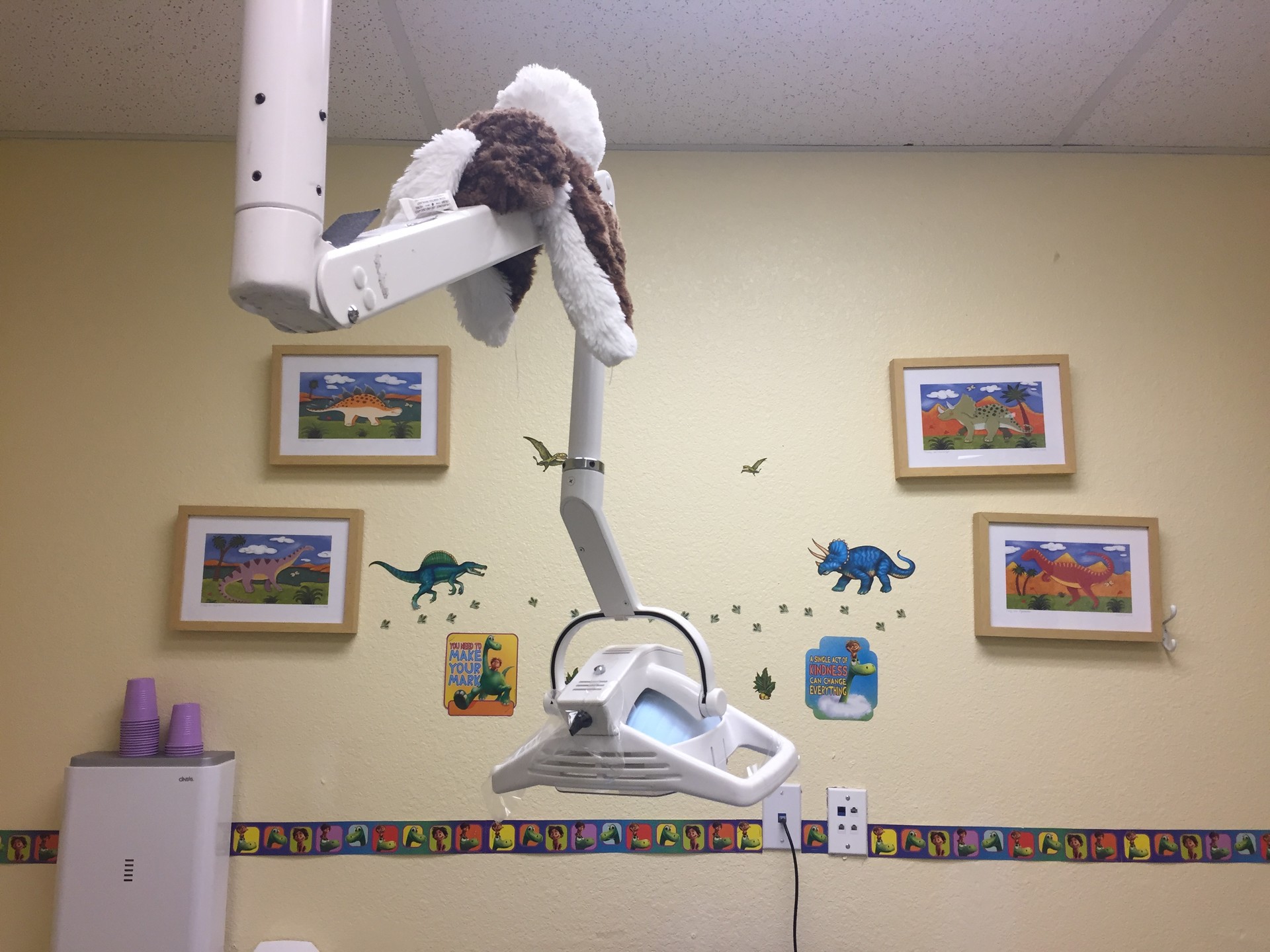'The threat is still there for our patients'
Tiburcio Vasquez Health Center (TVHC) in Hayward and Union City, and Zuckerberg San Francisco General Hospital have traditionally served low-income patients, regardless of their ability to pay. Before the ACA, the majority of their patients were uninsured, but now that’s reversed, and most patients arrive with Medi-Cal coverage or private insurance purchased with ACA subsidies on Covered California.
Those additional insurance dollars have been the difference between scraping by and being able to make significant improvements.
"Safety-net delivery systems are traditionally very poorly resourced," said Dr. Alice Chen, chief medical officer for the San Francisco Health Network, an affiliate of Zuckerberg SF General. "We've invested the new revenues that have come in for Medicaid patients into improving our systems of care." She says her network has brought in $150 million in new revenues from the Medicaid expansion.
With those dollars, Chen says SF General, where she is based, has been implementing a new electronic health record system, and is working on initiatives to integrate mental and medical health and improve the patient's overall experience. Work like this, she says, wouldn't be possible without the additional resources from Medicaid dollars.
Medical students and residents at the University of California, San Francisco also said they were tentatively happy that it appears the ACA will remain in place. Dr. Emily Thomas is a UCSF resident who has been politically active since the 2016 election. She’s fighting to keep her patients insured through the ACA. She spoke to a crowd of doctors at SF General on Tuesday, explaining why she wanted the advocacy to continue.
“Even though the BCRA has collapsed at the Senate, the threat is still there for our patients,” Thomas said. “Our patients are still relying on everyone in this room to continue to advocate for their expanded access to care.”
Across the bay, at Tiburcio Vasquez Health Center, CEO David Vliet says his clinic has increased the number of patients it can serve due to the Medicaid expansion dollars. In addition to their existing clinics in Hayward, Union City and Fremont, health center administrators have built a $12 million facility with 22 exam rooms.
Regarding the additional Medicaid money, Vliet emphasized that "those dollars really do have a return on investment, in that when we are able to make sure that Mr. Smith or Mrs. Rodriguez doesn't show up in the ER with tooth pain, everyone in the community enjoys lower costs."
Vliet said now that changes to the ACA are on hold, he's temporarily relieved. But he will still continue to monitor what's happening in Washington, D.C. If the increased funding continues to flow through Medi-Cal, Vliet says he would like to continue to expand services over the next few years to even more residents in the East Bay. Even after all the growth, TVHC staffers are working at capacity. There are still patients in the community waiting to be seen.
Adding to his concern, there is a chance Senate Republicans will revive the stalled health plan and push it through, which is what happened this spring in the House of Representatives.

